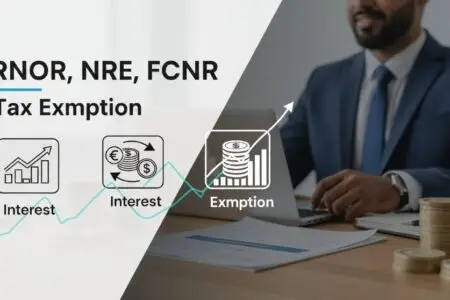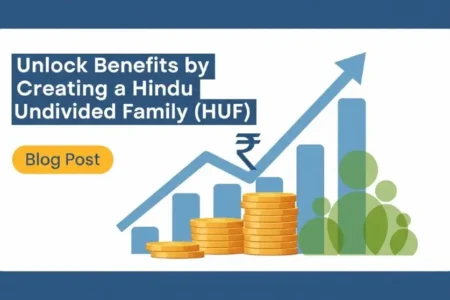PM's GST Diwali Gift: A New Two-Slab System Explained | Tax2Save.in Published on August 15, 2025 PM's 'Diwali Gift': The GST Rate Cut You Can't Ignore! The festive season is a time of joy, family, and a l...
Don’t Fall for It: 5 Tax Refund Scams to Watch This ITR Season Don’t Fall for It: 5 Tax Refund Scams to Watch This ITR Season Table of Contents Introduction: The Alluring Pro...
Online CA Near Me: Hire Expert CA Consultants for Hassle-Free ITR Filing in 2025 Table of Contents Introduction Why You Need an Online CA for ITR Filing ➤ Benefits of Hirin...
ITR Penalties New Rule 2025: Avoid Misreporting & Inaccurate Returns In AY 2025-26 New ITR Rules 2025: Navigating Penalties for Inaccurate or Misleading Returns – Your Guide to Compliance for AY 2025-26...
RNOR Tax Guide 2025: NRE & FCNR Interest Exemption for Returning NRIs Returning to India after a period abroad? While the excitement of coming home is immense, navigating the nuances of Indian taxation, especially concer...
HUF Tax Benefits 2025: Smart Tax Planning for Hindu Undivided Families HUF Tax Benefits 2025: Smart Tax Planning for Hindu Undivided Families Unlock significant tax savings for your family in 2025 by understan...
Tax Return Filing for Indian Udemy Instructors: Ultimate Guide For 2025 Are you an Indian Udemy instructor pouring your passion into creating world-class courses, only to feel bogged down by the complexities of tax compliance...
Ultimate GST Registration Guide 2025: Your Complete Handbook for ComplianceUnderstanding GST registration is a crucial step for any business in India. Navigating the Goods and Services Tax (GST) landscape can seem daunting,...





